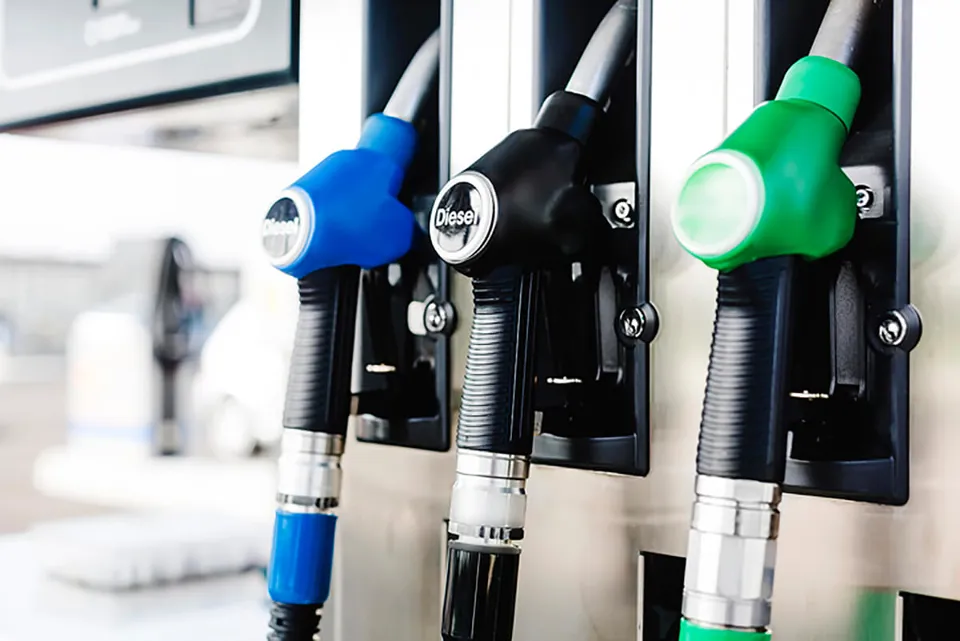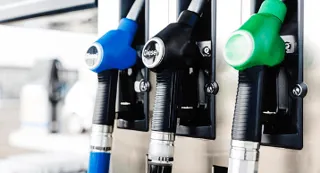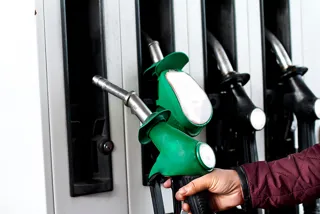Petrol prices fell by 9p per litre, on average, in July, but should be much lower according to the RAC.
It says pump prices don’t fairly reflect the fall in the wholesale price of fuel, meaning major retailers should be cutting pump prices much further. The wholesale cost of petrol delivered to forecourts has fallen for eight consecutive weeks by 20p from 151.93p at the start of June to 131.75p a litre in the last week of July.
Based on average wholesale prices last week, the RAC estimates petrol should be around 167p a litre which means drivers filling up now at the end July average of 182.69p are paying nearly £9 a tank more than they should be. And diesel should be closer to 182p – nearly £6 a tank lower than the end of July average.
RAC fuel spokesman Simon Williams said: “July has been an unnecessarily tough month for drivers due to the big four supermarkets’ unwillingness to cut their prices to a more a reasonable level, reflecting the consistent and significant reductions in the wholesale cost of petrol and diesel.
“As it was, we saw independent retailers leading the charge with fairer pump prices appearing all around the country which eventually forced the supermarkets to finally implement a more substantial cut late last Friday afternoon (29 July).
“What ought to have happened is that the biggest retailers cut their prices more significantly on a daily basis, given the wholesale price of petrol has fallen steadily over the last eight weeks. Instead, average retailer margin for petrol across the industry has been up around 20p a litre for the last two weeks – more than three times its long-term average.
“The average cost of delivered wholesale unleaded in the first week of May was 131.73p which gave rise to forecourt prices across the country hitting 167p a week later. Wholesale petrol averaged virtually the same last week which should – if retailer’s pass on the savings they’re benefitting from – in theory bring pump prices down to a similar level to what we saw in mid-May.
“The best advice for filling up is no longer to assume the supermarkets are the cheapest, but to shop around as it’s highly likely you’ll find an independent retailer which is doing the right thing and fairly reflecting their lower wholesale costs by charging a lower price. This is really encouraging because the independents buy new stock less frequently than the supermarkets as they don’t sell as much, and consequently aren’t as well positioned as their rivals to be able to snap up fuel at lower prices when there are sudden market drops.”






















Login to comment
Comments
No comments have been made yet.